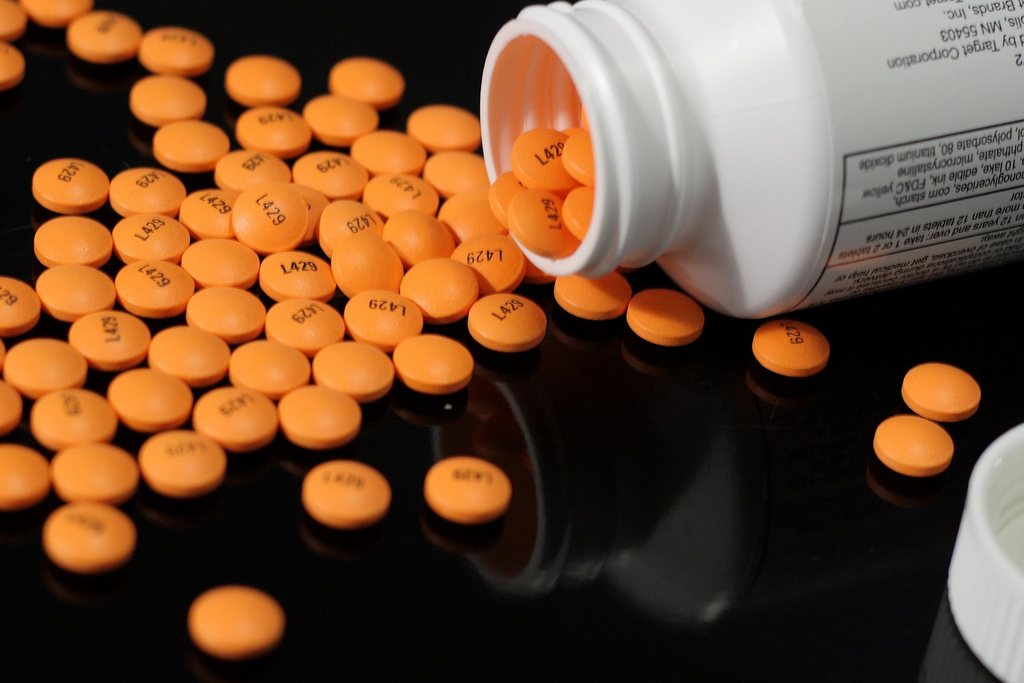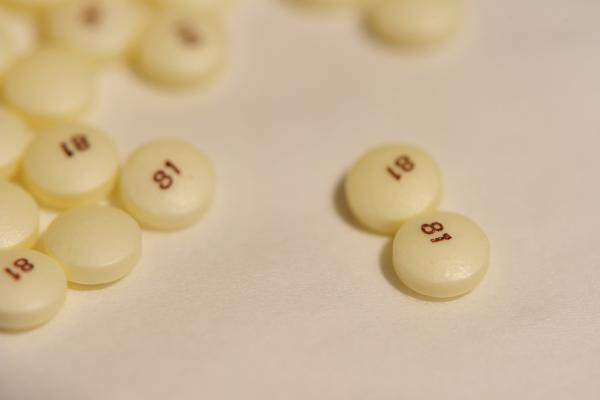As is common practice, adults looking to lower their risk for heart disease for years have been told by their doctor to take low-dose aspirin on a daily basis.
In fact, aspirin has one of the best benefit-to-risk ratios of any therapy for reducing the risk of cardiovascular events, and it has been shown to prevent heart attacks and ischemic stroke. But the daily dose doesn't come risk-free, since for some it increases the chances of gastrointestinal bleeding.
However, despite the potential health benefits of taking an aspirin daily, there have previously been no dosage recommendations tailored to an individual's weight. Just two years ago the optimal aspirin dose was not defined, and in the United States the most commonly-prescribed daily dose was baby-sized, or 81 milligrams.
But a new study just published in The Lancet indicates that a patient's weight needs to be considered and that "a one-dose-fits-all approach to aspirin is unlikely to be optimal, and a more tailored strategy is required."
Pouring over data from 10 previous randomized trials researchers found that a low-dose aspirin (75-100 mg) taken daily did lower the risk of a cardiovascular event for those individuals by 23 percent. But that was for those who weighed 154 pounds or less.
For individuals weighing more, not only was there no positive effect detected but, according to the study "the case fatality of a first cardiovascular event was increased by low-dose aspirin in people weighing 70 kg [or 154 pounds] or more" (italics added).
The authors continued, writing that low doses of aspirin "had no benefit in the 80% of men and nearly 50% of all women weighing 70 kg or more."
Further, they found that for those weighing more than 154 pounds, a higher dosage taken per day – ranging from 325 to 500 mgs – was shown to be effective in lowering cardiovascular risk.
 While getting away from a one-size-fits-all approach is welcome news, our expert couldn't help but wonder what took so long.
While getting away from a one-size-fits-all approach is welcome news, our expert couldn't help but wonder what took so long.
"Physicians caring for adults are late to the party; pediatricians have dosed medications by weight for years," says Dr. Charles Dinerstein, a retired vascular surgeon and Senior Medical Fellow at the American Council on Science and Health. "Modifying drug dosages by weight is the low hanging fruit, personalizing medicine will require us to also begin to consider how drugs are metabolized."
The research also found similar results when it came to addressing the risk of colorectal cancer. Effective aspirin dosage was also weight-dependent for those above and below 154 pounds. In this case, however, the difference was that for those over 176 pounds higher dosages did not lower the cancer risk.
With these findings, the authors expressed the need for research in this area to continue.
"The substantial reductions in cardiovascular events and death," they wrote, "at optimal doses for weight highlight the potential to improve effectiveness and argue for a more tailored dosing strategy."




